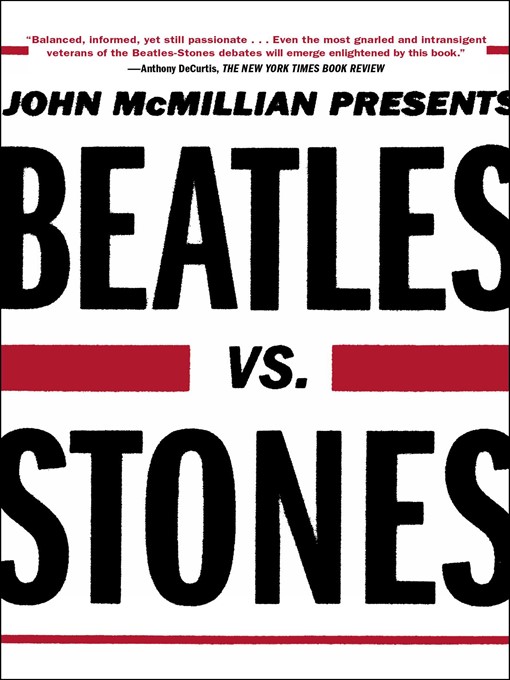- Onyx Storm Read- Alikes
- Staff Reads
- In Memoriam 2024
- Cook Up Something Cozy
- Short 'n' Sweet
- Bans off Our Books
- Yo Ho Ho, a Pirate's Life for Me
- Farm to Table
- As If: Modern Books Featuring 80s and 90s Nostalgia
- Wilderness Women
- In My Libby Era: Books for Swifties
- Cowboys and Country Music
- Literary Longlists
- See all ebooks collections
- Full Cast Audiobooks
- Available now Audiobooks
- Just Added Audiobooks
- Pacific Northwest Authors & Settings
- Agatha Christie and Friends
- Books about Books
- Quick Stories
- Uplifting Listens
- Good Enough to Eat
- All You Have to Do Is Call
- Listen to the Great Outdoors
- American History
- Queerly Beloved
- See all audiobooks collections
- News & Politics
- Celebrity
- Health & Fitness
- Food & Wine
- Fashion
- Tech & Gaming
- Business & Finance
- Revistas
- Cars & Motorcycles
- Home & Garden
- See all magazines collections




